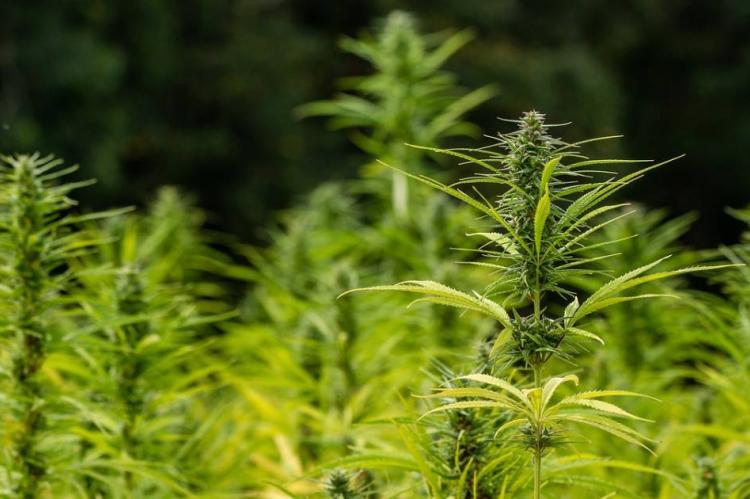Ghana Legalizes Cannabis -- but Only the Hemp Variety
The new law comes with a tight cap on the level of THC allowable in the plants.
On Friday, Ghana's parliament passed the Narcotics Control Commission Bill, which will allow the use and cultivation of cannabis for medical and industrial uses -- but only the variety that is better known as hemp.
The new law limits the allowable concentration of tetrahydrocannabinol (THC) in the plants -- the substance that gets people high -- to less than 0.3%. That's the same level that was made legal for cultivation in the U.S. by the 2018 Farm Bill. However, cannabidiol (CBD), which is believed to provide health benefits, can be extracted from hemp. Recreational cannabis use remains illegal in Ghana.
Nana Kwaku Agyemang, president of the Hemp Association of Ghana, says legalizing hemp isn't about getting people high: "We are not promoting smoking, we are promoting the industry, we are promoting cleaning up the environment, we are promoting creating a new revenue stream for government in terms of taxing from cultivation and export and we are talking about promoting medicines that are far better than opioids, medicines that cannot kill you because no one has died from taking cannabis."
Ghana is just the latest African country to loosen laws surrounding cannabis. Earlier this month, Malawi also legalized marijuana for medical use. Other countries that have made similar moves include Zimbabwe, Zambia, South Africa, and Lesotho.
Going global a key part of the strategy for North American producers
Aurora Cannabis (NYSE:ACB) has one of the largest global reaches of any cannabis company, with a presence in more than two dozen countries, including some in Africa. Its CanniMed subsidiary has an agreement with South African company Akula Trading to supply South Africa with cannabis. Cannabis companies have been looking beyond North America not only to reach a larger market of potential customers, but also to find sites for lower-cost cannabis production.
- Log in to post comments

